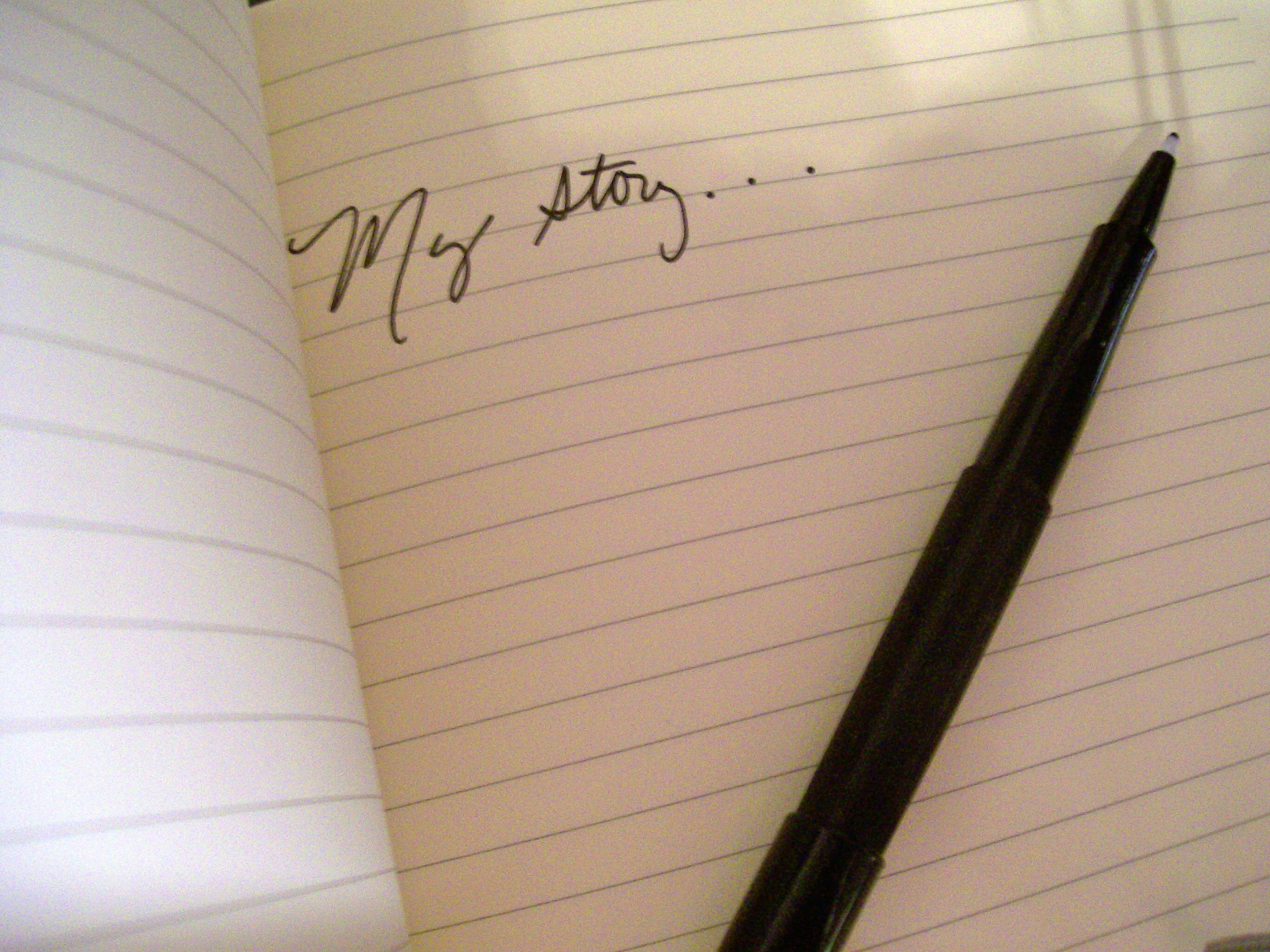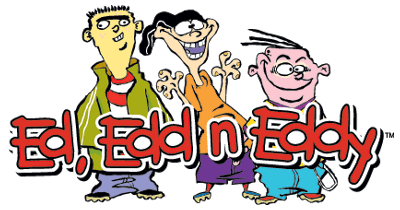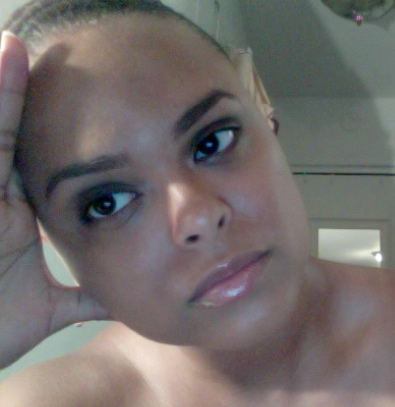Should I 'Live Write' My Dissertation?
As it concerns the 21st century cyborg: I think therefore I am. Linguistically, I speak in 140 characters offline and in print. Scholastically, I write papers with a distinct voice in mind; one that I have come to develop through blogging. All of my class and reading notes, as well as my papers, have been written and organized using Google Docs. I couldn't tell you how many times I've caught myself saying "OMG" out loud during a face-to-face conversation. I'm becoming more and more culturally embedded in the digital world. Or is the digital world consuming me?
Recently, I've started to contemplate writing on the screen more, although not leisurely or professionally, but rather, academically, as in writing academic papers, like a dissertation, on the screen--live. I've harbored anxieties about writing my dissertation (which is a ways off) on the screen. Though, as a practice, live-writing my dissertation on the screen could be a way to hold myself accountable and to avoid writers block. It could also be a way to satisfy or entirely destroy my ego. Either way, it's an intriguing concept.
(This, of course, could all be a theory in my head. Plus, I'm not sure if I'm even allowed to live-write my dissertation.)
That said, below is an excerpt from a piece I started writing a few months ago (using Google Docs) tentatively entitled "Writing on the Screen." This excerpt provides more context as to why I might consider live-writing my dissertation. It's still a draft version.
As society shifts towards an era where the written word continues to be challenged as a dominant form of communication, we are confronted with how to make meaning with/of words, (hyper)texts, and images. The processes of organizing, producing, and illustrating are increasingly more convoluted. It's like standing in the cereal isle at the grocery store; there are so many options of meaning-making from which to choose; textual, visual, and audio forms. For someone like me, a non-digital native, these options have dramatically affected my meaning-making processes. The rate at which I consume information in order to make meaning using digital artifacts has also influenced my production processes.At times, I worry that I'm approaching writer's block when I am unable to compose a succinct blog post, online article, or a twenty-page academic paper. However, my tweet count is well over 20,000 and counting and I continue to make Story Melodies with my digital camera. Clearly I have not stopped making my own meanings of things, just not always in the traditional written contexts. This past week I watched in real time as Baratunde Thurston ‘live wrote’ his upcoming book, #HowToBeBlack. The title itself suggest a new way of meaning making through pop cultural references, that is #hashtagging. As Thurston typed, backspaced, deleted, copied/pasted we all watched, some of us not thoroughly clear as to what exactly we were looking at. Watching Thurston write his book in real time through the screen was, as one commenter mentioned, “[t]he closest [thing to] Harlan Ellison writing in store windows, but this is much less sweary and doesn't smell of pipe smoke.” While peaking at Thurston’s thoughts on the screen I began to realize why I have been feeling writer’s block so intensely. Naturally, I tweeted about it:
@taralconley: Watching @baratunde write his book in real time online makes me realize why I have writer's block all the time...b/c no one's watching me.
Implicit in the idea of writing on the screen is that an audience is watching somewhere at some place in time. Whether it’s the gratifying feeling of instantaneous feedback or the seducing thought of my work being consumed by strange eyes, (or both), the fact remains; I’m continually drawn to the screen as a writer and as a media maker. I don’t deny feeling somewhat aroused by the idea that my work is alive acting as a connector to people I know and do not know. That I am afforded opportunities to create through alternative way of communicating ideas makes writing on the screen just seems better.
"So, You're Getting an EdD?"
That's what the little person in my head says as an attempt to cast doubt about my chosen academic path. The snide remark does and sorta doesn't work because I don't doubt my path as much as I'm annoyed at the thought about "explaining" my chosen academic path to others. I'm totally used to it though. When I decided to pursue my master's in Women's Studies I was hit with a lot of dumb ass questions like this one: "Women's Studies, huh? So what do you plan to do with that degree?" It's not only that the question itself is annoying but so is the tone in the person's voice when s/he asks me the question. Oh, that tone grinds my gears (cc Peter Griffin) like nails across a chalkboard! Granted, I could be totally misinterpreting the tone; projecting my own doubts on to the questioner. I'm willing to admit that I am a paranoid perpetual projector. However, as one who has a way of reading between the lines in a culture that devalues "gendered disciplines" like in the humanities, social sciences, and especially education, I'm willing to bet that it's less about my issues with paranoia and projection, and more about people's dumb ass assumptions toward my chosen intellectual journey.
Which brings me to the EdD "issue". Last year I spoke with one of my mentors about the "PhD (Doctor of Philosophy) versus EdD (Doctor of Education)" question in education. He was honest in telling me that when looking for a job some universities might have conflicting perceptions about the EdD route. However, they tend not to question the degree as much if it comes from an "Ivy League" institution. *eye roll* Another one of my professor's noted that it would not necessarily be in the best interest of a university to question an EdD from Harvard let alone a cousin school like Teachers College, Columbia University. The EdD is generally recognized as a research degree, whereas the PhD in education is, well, I'm not quite sure how, in relation to the EdD, it's recognized if not similarly to a high level research degree in education (but you can read more about the differences and similarities HERE). In the end, as my mentor told me, it's about the dissertation. If you produce a quality dissertation that contributes to the field, or fields, then it's likely that the "PhD versus EdD" problem (of perception) won't be an issue when looking for a job in higher ed.
If someone asks why I chose to pursue an EdD over a PhD I can honestly tell them that Teachers College, Columbia University was the only school that was offering a doctoral program I was interested in, which happened to be an EdD program. That's really it.
But unfortunatley, perception is becomes reality. Broadly speaking, people perceive a PhD differently than they do an EdD; where the former holds more value or prestige for some reason. Perhaps one reason could be because the term "PhD" has been reappropriated in popular culture to connote certain things about higher education whereas the term "EdD" has not. In reality, at least in my program, there is no difference between an EdD and PhD. I put in the same, if not more, research and inquiry into pursuing my degree as a PhD student. So while the rest of society continues to institutionalize the idea of degrees, I'd rather get down to what really matters; the intellectual path of the scholar and how s/he contributes to scholarship.
As I was sitting in class today it dawned on me why I do what I do. (I'm sending virtual apologies to my professor for zoning out during her lecture, but this epiphany was just too good to ignore!) Here's what I realized:
If you don't know, I'm currently pursing a doctoral degree in Computing, Communication, and Technology in Education (CCTE) at Teachers College, Columbia University (read more about my program here). My degree plan is somewhat interdisciplinary if you consider that I am studying research and theories spanning multiple disciplines of communication, media, and education. Until today, I was never really satisfied with how I articulated why I chose to interrogate research that intersects with (at least) three major disciplines in both the soft and hard (or rather stiffer) sciences. But I figured it out. I enter into the field with a background in feminist theory and as a practitioner of education and media. 'Gender' and 'race' studies are my preferred areas of theoretical scholarship. Media are my preferred sites to study identity and knowledge production. And education, namely literacy, is the domain in which I choose to engage my activism as an educator, media maker, and feminist scholar-in-training.
So, why the EdD in CCTE you ask, oh-little-snarky-person-in-my-head? Because this is the one program where I can combine all that I am and do with what I love to study and practice. Plus, the name of this blog sounds way cooler than would "Breakfast Ph.D. Omelet". o_O
Thinking about pilot study, cert exam, and dissertation topic . . .
. . . and things seem to be a lot clearer than two weeks ago (professor Kinzer would be proud of me!). I'm currently re-reading professor AnaLouise Keating's piece "(De)Centering the Margins? Identity Politics and Tactical (Re)Naming" while thinking about the post I wrote last week on Melissa Harris-Perry and Joan Walsh, WHILE thinking about a possible pilot study that I may want to conduct based on the curriculum I helped design with Beyond The Bricks for young 'Black' men, WHILE thinking about the impending certification exam I'm going to take in February as part of the doctoral candidacy process, WHILE thinking that I may, in fact, be well on my way to deciding upon a dissertatation topic.
The topic, you ask? Something that has to do with the following (in connection, no particular order):
21st century media literacy curriculum design in non-traditional learning environments
Intersectionality/Reductivism
Making visible outliers in 'race' and 'gender'-based studies/methodology
I am a threshold woman of color tactically (re)naming my place in this world. How boutchu?
< Shout out to Dr. Keating >
Where My 'Black' Guy Geeks & Nerds At?
 Speaking of geek and nerd sh*t. Where are my 'black' male programmers and technologists? I want to hear from you. I know you're out there building databases, websites, and software apps. The world must know about your brilliance and late night single guy parties in front of your computer screens.
Speaking of geek and nerd sh*t. Where are my 'black' male programmers and technologists? I want to hear from you. I know you're out there building databases, websites, and software apps. The world must know about your brilliance and late night single guy parties in front of your computer screens.
Email me at tara (at) mediamakechange (dot) org or leave a comment below. I'm looking for stories for an upcoming article or two.


